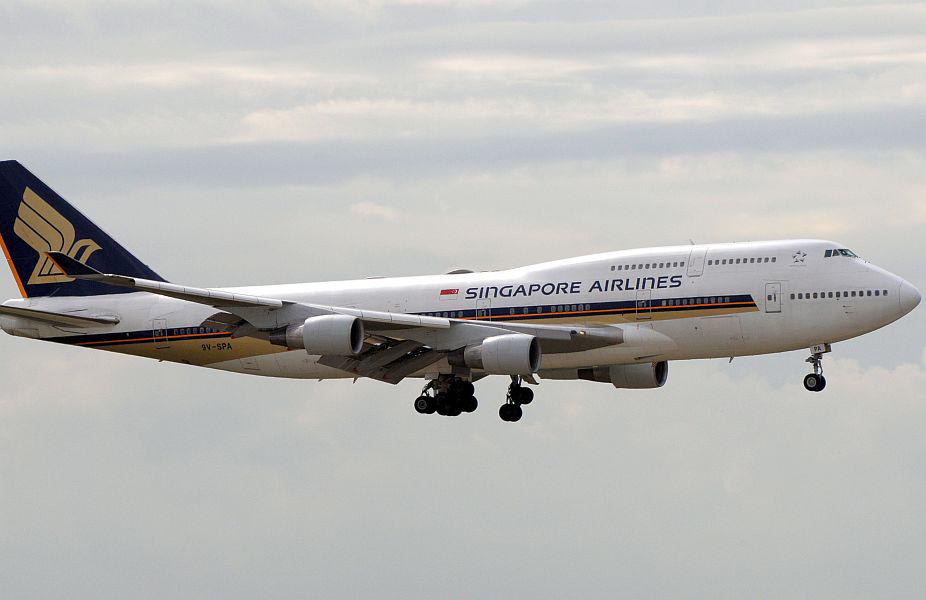It was one of the biggest engineering feats in the history of transportation. It made our world a smaller place. And for its parent company, it was make-or-break project that could easily have resulted in bankruptcy if it failed.
At a time when the Concorde was thought of as the aircraft of the future, it was actually the Boeing 747 that ended up changing the way the world traveled. The Jumbo Jet, with its high capacity and low running costs, helped to make trans-continental flying affordable for ordinary people and ushered in the global Jet Age.
And leading the aircraft’s design and construction was a Slovenian-American. Sutter’s father, Frank Sutter, was born in Slovenia and originally named Suhadolc, but that was more than the immigration officials on Ellis Island could handle, so they changed it to Sutter. The younger Sutter, born in Seattle back in 1921, studied aeronautical engineering and eventually joined the Boeing Corporation.
In the 1960s, he was chosen to head the design and engineering team whose work resulted in the Boeing 747. Creating the world’s first wide-body aircraft was a tremendous challenge; nothing like it had ever been tried before. It almost didn’t happen: Boeing was losing money and repeatedly pressured Sutter to drastically downsize his team. Sutter refused, and the 747 ended up enjoying a smooth introduction into service.
At first sales were slow, but in a few years, the 747 became a backbone of many international fleets. For Boeing, it was one of the biggest successes the company had ever seen. Sutter also worked on a number of other Boeing jets, but he will forever be known as “the father of the 747.”
For his work on the Jumbo Jet and other Boeing aircraft, Sutter was awarded the U.S. Medal of Technology in 1985. Later, he served on the commission investigating the 1986 Challenger explosion. He visited Slovenia several times and received an honorary doctorate from the University of Nova Gorica.
Now in his early 90s, Sutter still takes an active interest in aviation. In 2010, he served as a member of an advisory board deciding the future of the Boeing 737 project.



































































